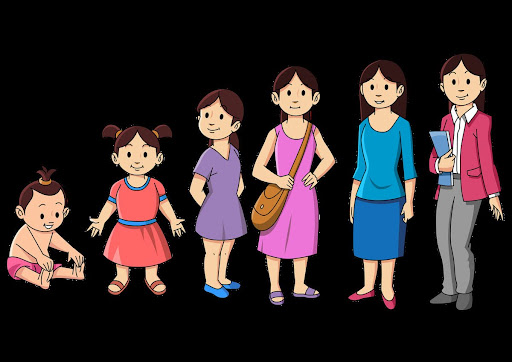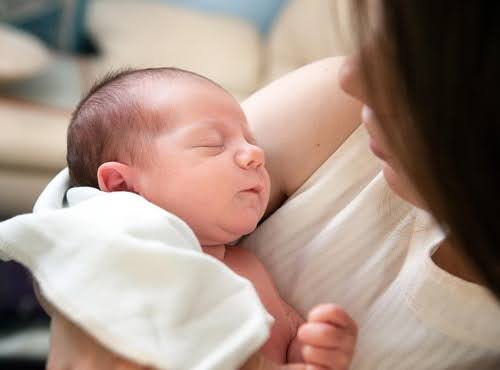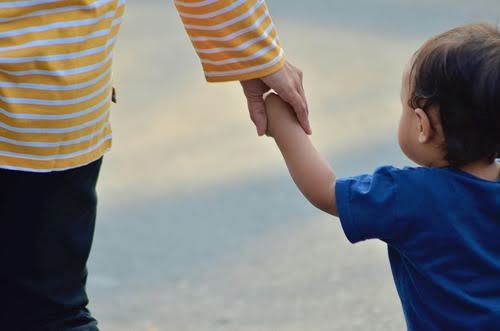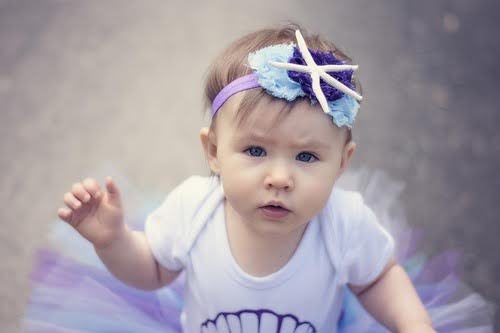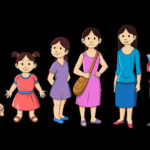Unfortunately, parenting does not come with a guide or a step-by-step procedure. Fortunately, we can help you. One of the most wonderful aspects of being a parent is seeing your child develop.
Every moment in your Child’s growth and development seems significant, from their first grin to their first bike ride. Therefore, you can encourage your child’s physical, emotional, and mental development and get some peace of mind along the road by being aware of their developmental phases.
Here’s a helpful parenting guide with child development milestones from birth to 10 years
0-12 Months: Newborn milestones
An infant achieves various milestones in the first year of his/her growth. This is the year of baby development.
What to Expect:
- Physical: They start rolling over, sitting up, crawling, and may even try standing.
- Cognitive: They recognise familiar faces, explore with their hands and mouth, and respond to their name.
- Emotional: They form strong bonds with their caretakers and express themselves via tears and smiles.
- Language: Babies begin to babble, imitate noises, and may pronounce rudimentary words like “mama” or “dada.”
Tip: Tummy time is ideal for developing core strength early on.
1-2 Years: Toddlerhood Begins
Now, that your child is 1 year old, there would be some significant Baby development milestones. Here are the motor skill milestones in early childhood that you should look out for:
What to Expect:
- Physical:They start walking, running, climbing on furniture, and may enjoy scribbling with crayons.
- Cognitive: Cognitively, they can point to body parts and follow simple instructions.
- Emotional: Emotionally, separation anxiety might show up, and they begin asserting their independence.
- Language: Their language skills also take off with a growing vocabulary of over 50 words and the ability to form simple two-word sentences like “more milk” or “go outside.”
2-3 Years: Language development stages in toddlers and kids
The age of speech development and potty training andhow to track your child’s growth and milestones
What to Expect:
- Physical: They can jump, kick a ball, and stack blocks with better control.
- Cognitive: Begin to follow two-step instructions and enjoy imaginative play, like pretending to cook or care for a doll
- Emotional: Temper tantrums may become common as they seek more independence.
- Language: They start asking lots of questions, speaking in short sentences, and understanding most of what’s said to them.
Tip: Introducing books, puzzles, and interactive toys can spark learning for child growth and development
3-5 Years: Preschool Stage
We can see emotional and social development in kids
What to Expect:
- Physical: They climb with ease, start using scissors, and move more smoothly during play
- Cognitive: They begin to understand simple concepts of time like “yesterday” and “today,” and start counting
- Emotional: They learn to share, manage basic feelings, and form early friendships
- Language: They speak in full sentences and enjoy telling short, imaginative stories.
Encourage: Arts, crafts, pretend play and group activities can help achieve child development milestones
5-7 Years: Early School Years
The crucial age for social development and cognitive development
What to Expect:
- Physical: They often learn to ride a bike, tie their shoelaces, and handle everyday tasks with more ease.
- Cognitive: Start reading simple books and solving basic math problems
- Emotional: Begin to understand empathy and can express their thoughts more clearly.
- Social: They build stronger friendships, follow rules, and start grasping the importance of teamwork.
Tip: Maintain a routine and encourage both play and quiet time.
7-10 Years: Middle Childhood
This is how you can track your child’s growth and milestones
What to Expect:
- Physical: They begin thinking more logically, manage their time better, and show signs of independent thinking.
- Cognitive: Understands logic, time management, and independent thinking
- Emotional: Begins forming self-identity, may experience peer pressure
- Language & Social: Reads fluently, engages in deep conversations, cooperates in groups
Support: Encourage responsibility, talk openly about feelings, and stay involved in school life.
When to Seek Support
Every child develops at their own pace, but if you notice consistent delays in speech, movement, social interaction, or emotional response, consult a paediatrician or child development specialist.
To sum up
It’s never a race; child growth is a journey with both small and large stages. You can better understand your child’s needs and provide them with assistance as they develop by keeping track of milestones and maintaining a age-wise child development checklist for parents.Above all, though, your love, care, and support are what really mold a child into someone who is self-assured, content, and healthy.
FAQs on Baby Milestones
Q1. What are the main stages of child development?
Infancy (0–1), toddlerhood (1–3), preschool (3–5), early school years (5–7), and middle childhood (7–10).
Q2. How can I support my child’s development at home?
Engage in play, read daily, talk often, stick to routines, and be emotionally available.
Q3. Are developmental delays common?
Some delays are temporary and resolve with support. If you’re concerned, early intervention helps.
Q4. What activities boost early childhood development?
Storytelling, sensory play, music, outdoor games, puzzles, and interactive learning boost childhood development.
- Baby Monitors with Noise Monitoring: How They Work and Why They Matter - October 2, 2025
- Attachment Parenting Guide: Principles, Practices, and What to Expect - September 9, 2025
- Understanding Your Baby’s Cry: A Parent’s Mini Guide - June 23, 2025
- Bottle vs. Breastfeeding: What Works for You and Your Baby - June 18, 2025
- 10 Yoga Poses For Kids at Home: Benefits Of Yoga For Kids - June 12, 2025
- Parenting Guide to Child Development: Key Milestones from Birth to 10 Years - June 4, 2025
- Summer Vacation Plans Ideas with Kids - May 27, 2025
- Nutritious Dried Fruit Treats for Toddlers (16–24 Months) - May 25, 2025
- Importance of Screen Time Management for Kids - May 24, 2025
- The 6 Most Common Pregnancy Concerns First-Time Moms Have - May 23, 2025

